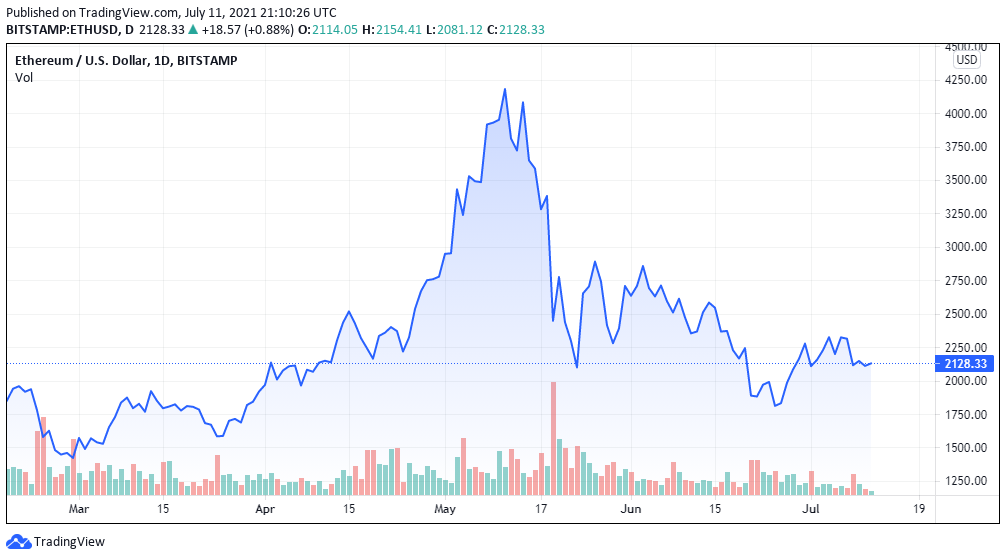On Friday, the International Monetary Fund (IMF) and the World Bank argued for the cross-border benefits of central bank-issued digital currencies (CBDC), claiming that projects like the United States’ digital dollar would aid global development.
World Bank And IMF Support CBDC
Together with the Bank for International Settlements (BIS), the two global organisations released a paper saying that coordination on digital currencies will upend the status quo of needing to rely on expensive and delayed money transfer services to transport money throughout the world.
“Faster, cheaper, more transparent and more inclusive cross-border payment services would deliver benefits for citizens, businesses, and economies worldwide,” said Indermit Gill, World Bank Group vice president of equitable growth, finance and institutions.
The technology allows the Bank of England’s deputy governor for financial stability, Sir Jon Cunliffe, to “start with a ‘clean slate'” when it comes to strengthening the payments system, he added.
The paper was developed for a G20 summit in Italy, which brought together finance ministers and central bankers from the world’s top nations.
The paper envisions a central bank digital currency environment in which currencies can be quickly and at any moment exchanged. Digital currencies could provide the same services to retail customers that central banks provide swap lines to one another (to ensure, for example, that U.S. dollars are easily accessible for exchange).
Related article | IMF Survey Overwhelmingly Supports Bitcoin As “Money”
Federal Reserve Is Studying Designs For A Digital Dollar
The Federal Reserve in the United States is considering various designs for a digital dollar, although it is unclear whether the central bank would eventually adopt one.
A top Fed official recently stated his doubts about the utility of a Fed-issued digital currency, claiming that private-sector stablecoins would be more useful for cross-border payments.
“Bad actors might try to steal CBDC, compromise the CBDC network, or target non-public information about holders of CBDC,” Fed Vice Chairman of Supervision Randal Quarles said on June 28.
The G20 study addressed the risks of launching a digital currency, saying that lowered obstacles to currency substitution could jeopardize exchange rate restrictions and monetary policy independence in some central banking regimes. Easy cross-border transactions, according to the research, “could increase risks for runs on both local banking sectors and currencies, all else equal.”
The risks are particularly obvious for emerging market and developing nations, according to Gill of the World Bank, who also noted that regulatory and policy concerns will “need a lot of work.”
Nonetheless, the paper underlined that its primary goal was to investigate the international ramifications of such technology, leaving it up to each country to weigh the internal benefits and drawbacks of issuing anything.
“CBDCs have the potential to enhance the efficiency of cross-border payments, as long as their design follows the ‘Hippocratic Oath for CBDC design’ and its premise to ‘do no harm,’” the report reads.
The Federal Reserve plans to release a study this summer on the idea of releasing a digital dollar, after which it will solicit public and congressional feedback.

ETH/USD still consolidating. Source: TradingView
Related article | The BIS Wants “Absolute Control” Of Your Money Via Central Bank Digital Currencies
Featured Image from Pixabay, Charts from TradingView











